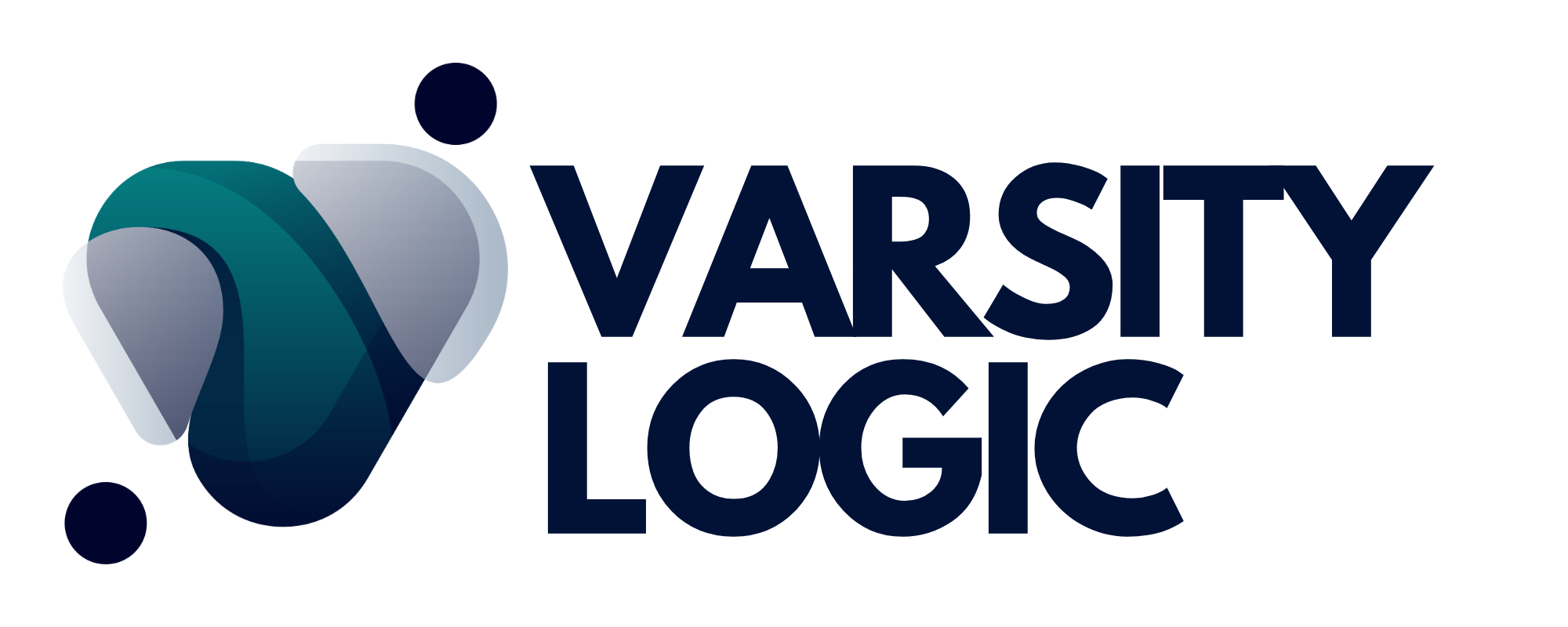From Classroom to Code: How to Transition from Academia to the Tech Industry
Transitioning from academic learning to a real-world tech job can be a significant leap. For students eager to make this shift, understanding how to bridge the gap between classroom knowledge and industry expectations is crucial. Here are practical steps to facilitate a smooth transition into the tech industry:
- Build a Strong Portfolio: A well-rounded portfolio is essential for showcasing your skills and projects to potential employers. Start by working on personal projects or contributing to open-source initiatives. Include a variety of projects that demonstrate your proficiency in different technologies and your ability to solve real-world problems. Platforms like GitHub are great for hosting and sharing your code.

- Gain Practical Experience: Internships and part-time roles provide invaluable hands-on experience. Seek opportunities to work on real projects, even if they’re short-term or voluntary. These experiences will not only enhance your technical skills but also help you understand how industry teams operate and what they expect from new hires.

- Network Actively: Building a professional network can open doors to job opportunities and mentorship. Attend industry events, join tech meetups, and participate in online forums and communities. Connecting with professionals in your field can provide insights into the industry and help you stay updated on job openings and trends.

- Develop Soft Skills: While technical skills are critical, soft skills like communication, teamwork, and problem-solving are equally important. Tech companies look for candidates who can collaborate effectively and articulate their ideas clearly. Engage in group projects and practice presenting your work to build these skills.

- Tailor Your Resume and Cover Letter: When applying for jobs, customize your resume and cover letter to highlight relevant skills and experiences. Emphasize how your academic background and any projects or internships align with the job requirements. Use keywords from the job description to increase your chances of passing applicant tracking systems.

- Prepare for Interviews: Familiarize yourself with common technical interview questions and practice coding challenges. Many tech companies use coding assessments and technical interviews to evaluate candidates. Use platforms like LeetCode or HackerRank to practice solving problems under timed conditions.
By following these steps, students can effectively transition from academia to the tech industry, leveraging their academic knowledge and new practical experiences to launch successful careers in technology.




